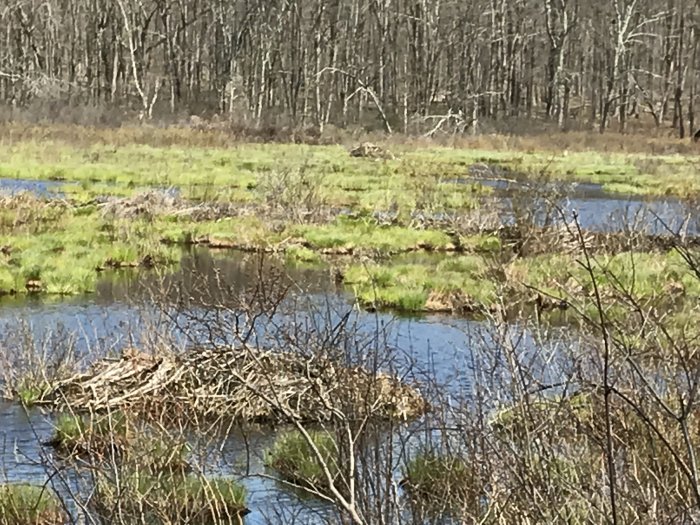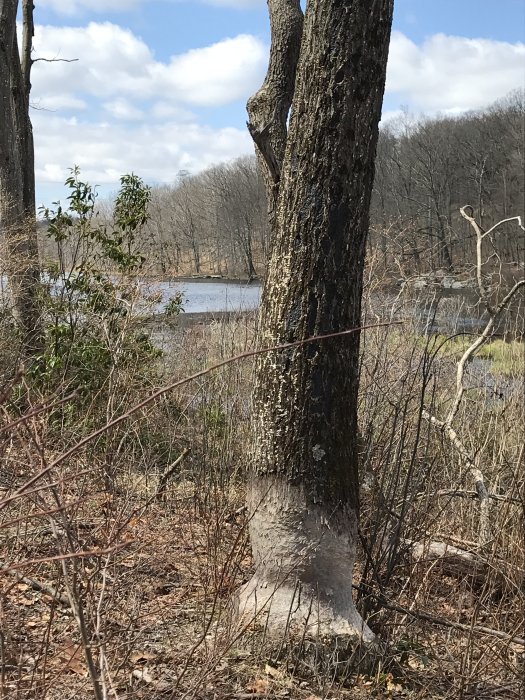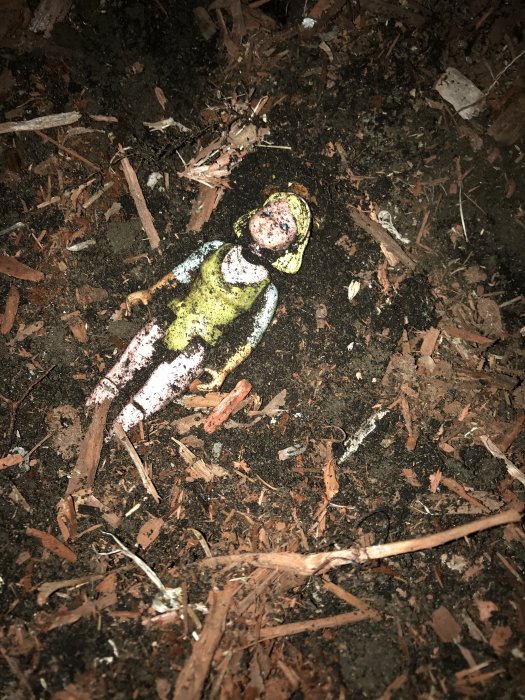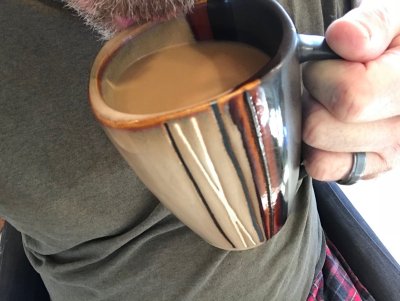Being mortal is about the struggle to cope with the constraints of our biology, with the limits set by genes and cells and flesh and bone. Medical science has given us remarkable power to push against these limits, and the potential value of this power was a central reason I became a doctor. But again and again, I have seen the damage we in medicine do when we fail to acknowledge that such power is finite and always will be.
We’ve been wrong about what our job is in medicine. We think our job is to ensure health and survival. But really it is larger than that. It is to enable well-being. And well-being is about the reasons one wishes to be alive. Those reasons matter not just at the end of life, or when debility comes, but all along the way. Whenever serious sickness or injury strikes and your body or mind breaks down, the vital questions are the same:
What is your understanding of the situation and its potential outcomes?
What are your fears and what are your hopes?
What are the trade-offs you are willing to make and not willing to make?
And what is the course of action that best serves this understanding?
– Atul Gawande in “Being Mortal,” 2014, Metropolitan Books
The fact that we are mortal is a piece of knowledge that the majority of us do not and possibly cannot face squarely. In our families, we do not have the discussions about how we will handle aging, dying, or coping with terminal illness and suffering. Most of us do not have a plan. Most of us do not know if our parents or siblings have plans or if they’ve even given it serious thought.
Without a plan, survival becomes the course by default for most people. The main thought is what can be done to cure, heal, reverse course. For the elderly, survival usually means committing them to nursing homes where they are safe from harm and their care is regimented by the institution’s staff and procedures.
All too often these routes diminish a person’s quality of life. One’s self-direction is often taken away from them. It is traded off for the sake of keeping them safe. As Atul Gawande describes it, their freedom to write their own story is taken from them.
Some ideas I garnered from Mr. Gawande’s book are:
- Before serious illness comes we should have plans or at least ideas of how we want to live out our days, how much may want to suffer or not, what the trade-offs of quality of life for treatment to extend life would be. We should consider the questions he asks above. We should talk with our loved ones about what matters to us.
- During serious illness or debilitation, Gawande’s questions should be thought through again, the answers shared with our families, our values re-evaluated.
- We should see the value in every phase of life, even the phases of illness, suffering, old age, debilitation. We should give dignity to others in every phase of life.
- The best way to give dignity to others is to help them maintain their self-direction to the best of their abilities at all phases of life.
- All of the above is important for each of us individually and as a society of human beings, all of us being mortal.
I highly recommend the book “Being Mortal” by Atul Gawande. My brief thoughts, written because I feel moved immediately after finishing the book, do not do justice to the quality of this work. It is worth your time to read it and consider the matters Gawande raises.




